A tale of the minnows
A trifling 0.01 percent, 0.73 percent and 0.22 percent -- these are the share of votes Jatiya Party (Manju), an Awami League ally, was able to bag out of the total vote cast in the constituencies it vied for in the last three national elections.
The poor show in the 2008 polls, in which all seven of its candidates lost spectacularly, led to the forfeiture of its security deposit with the Election Commission.
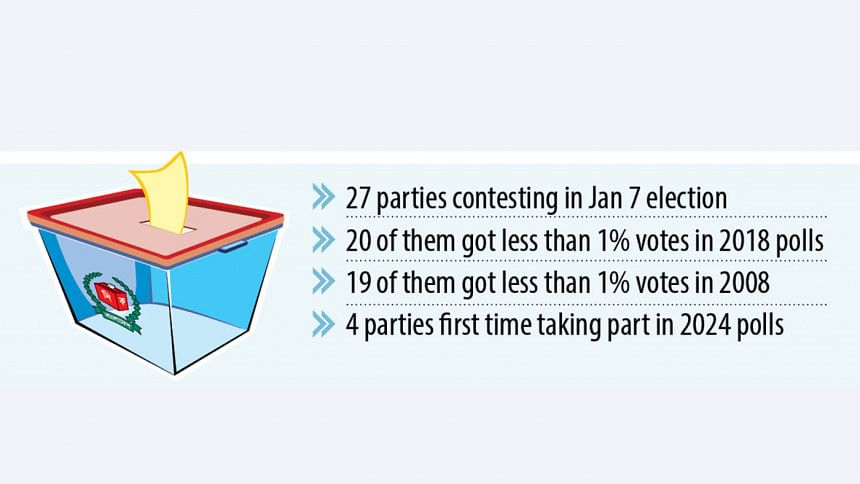
In the following polls, it suffered defeat in 24 of the 28 seats it ran in, and about 86 percent of its deposit was forfeited.
Data on deposit forfeiture in the 2018 election is not available.
The mandatory security deposit is forfeited if candidates get less than 12.5 percent of the votes cast in their constituencies.
This is not the only party to stage an abysmal showing in a national election.
There are about 20 other political parties that bagged less than 1 percent of the total votes cast in the 2018 elections, raising questions about the motive behind their shot at the parliament.
In the last election, 19 of them secured less than 0.5 percent of votes.
In the 2008 election, seen as one of the most credible elections in Bangladesh's history, at least 18 of them were voted by less than 0.5 percent of the electorate.
All those 21 political parties bagged less than 3 percent of the total votes cast in the 2008 elections and all those parties are contesting in the upcoming national election too.
"From my experience, these name-only parties use their party registration to earn money and be a helping aide of the government to make the election inclusive," said M Sakhawat Hossain, a former election commissioner.
Take another example of an ally of the ruling party.
Bangladesh Samyabadi Dal got zero percent of the votes cast in 2008 and its lone candidate Dilip Barua, who is also the party chief, contested and lost the deposited security money.
In 2018, it secured only 0.0005 percent of the total votes cast when two of its candidates lost their security deposits. The party did not run in 2014.
Asked why the party is contesting the election after repeated poor showings, Barua said that they have an ideology and they want to uphold it and move it forward.
"Voting has become commercialised and that is why people do not cast vote for us. We are helpless in the voting politics," he said.
Like JP (Manju) and Samyabadi, two other AL allies have an extremely low voter base.
Of the two, the Workers Party got 0.37 percent, 2.1 percent and 1.01 percent of the votes cast in the constituencies it fielded candidates in the last three national polls respectively, although few of its candidates got elected as they contested with the symbol of Awami League (boat).
Jatiya Samajtantrik Dal (Inu), the other ally, bagged 0.72 percent, 1.19 percent and 0.74 percent votes in the elections.
Despite such poor performance, all four parties are running with AL blessings in the January 7 polls amid a boycott by 17 of the 44 registered political parties, including the main political opposition BNP.
A total of 27 political parties, including the ruling AL and the incumbent main opposition in the parliament Jatiyo Party now led by GM Quader, are running in the election.
Bangladesh National Awami Party participates in elections as this is the biggest occasion for a small political party to get publicity and to reach out to the people, said its Chairperson Ivy Ahmed. The party is part of the 14-party alliance.
"When the election is costly and heavily dominated by muscle power, it is tough for an ideology-based party to survive. The party gets organised and benefits during the election as many activities take place," she said.
In the last three elections, the ruling AL's vote has increased exponentially -- it bagged 48 percent, 72 percent and 74 percent of the votes cast -- while JP's vote decreased steadily at 7.04 percent, 7 percent and 5.38 percent respectively.
Nearly half the JP candidates in 2014 and over a quarter in the 2008 elections lost their security deposit for failing to secure the mandatory minimum votes.
Zakir Hossain, chairman of Gono Front, said they contest in polls to speak up for the people of the country.
"If you don't have any platform, your statement is worthless. We take part in the election to keep our party's registration active."
Asked about the ideology of the party, he could not say anything specific but said that they work for the betterment of the country.
Bangladesh Congress, Trinomool BNP, Bangladesh Nationalist Movement and Bangladesh Supreme Party are contesting in this year's election for the first time as they got registration between 2019 to 2023.
These small and name-only parties are mostly opportunists, said Badiul Alam Majumder, secretary of Shushashoner Jonno Nagorik.
They took part in the election to get some benefits from the ruling quarter and it happens during all the regimes, he said, adding that political parties also bring them on board to play a psychological game with the opponents.
"These small parties take full advantage of that when the election comes," he added.
Every political party has the right to contest in the election, said Shantanu Majumder, a professor in the department of political science at the University of Dhaka.
"But the mushrooming of political parties indicates that ideological differences among the parties are huge. Some right-wing politicians believe that the more posts they vie for, the higher their chances of getting a share of the power pie. The left-leaning political parties dug too much into theory and got split."
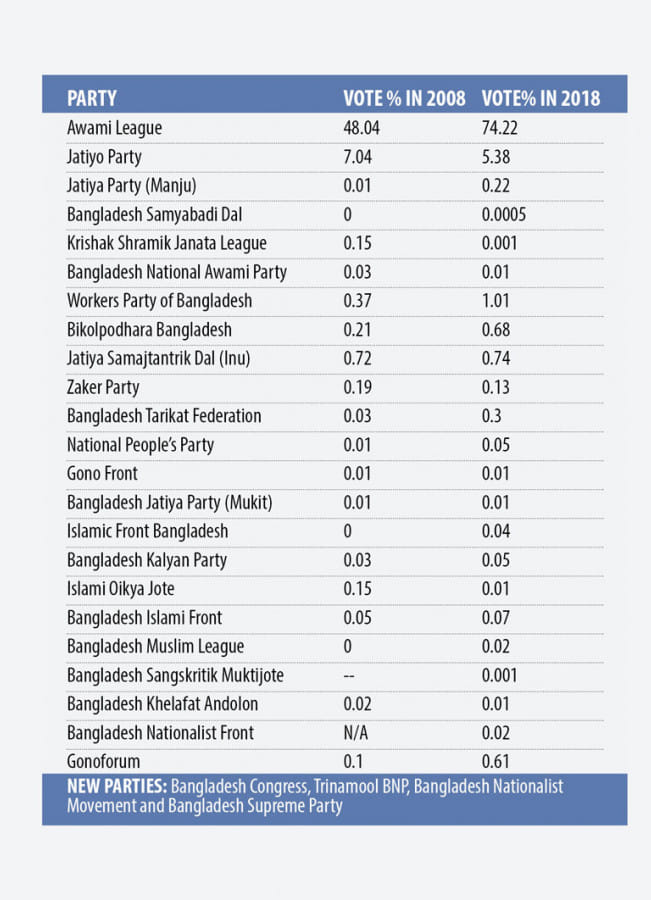

 For all latest news, follow The Daily Star's Google News channel.
For all latest news, follow The Daily Star's Google News channel. 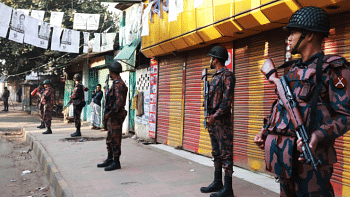
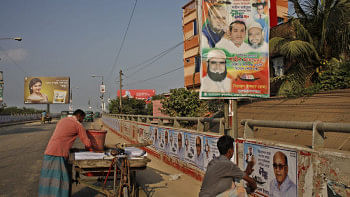





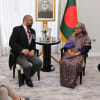



Comments